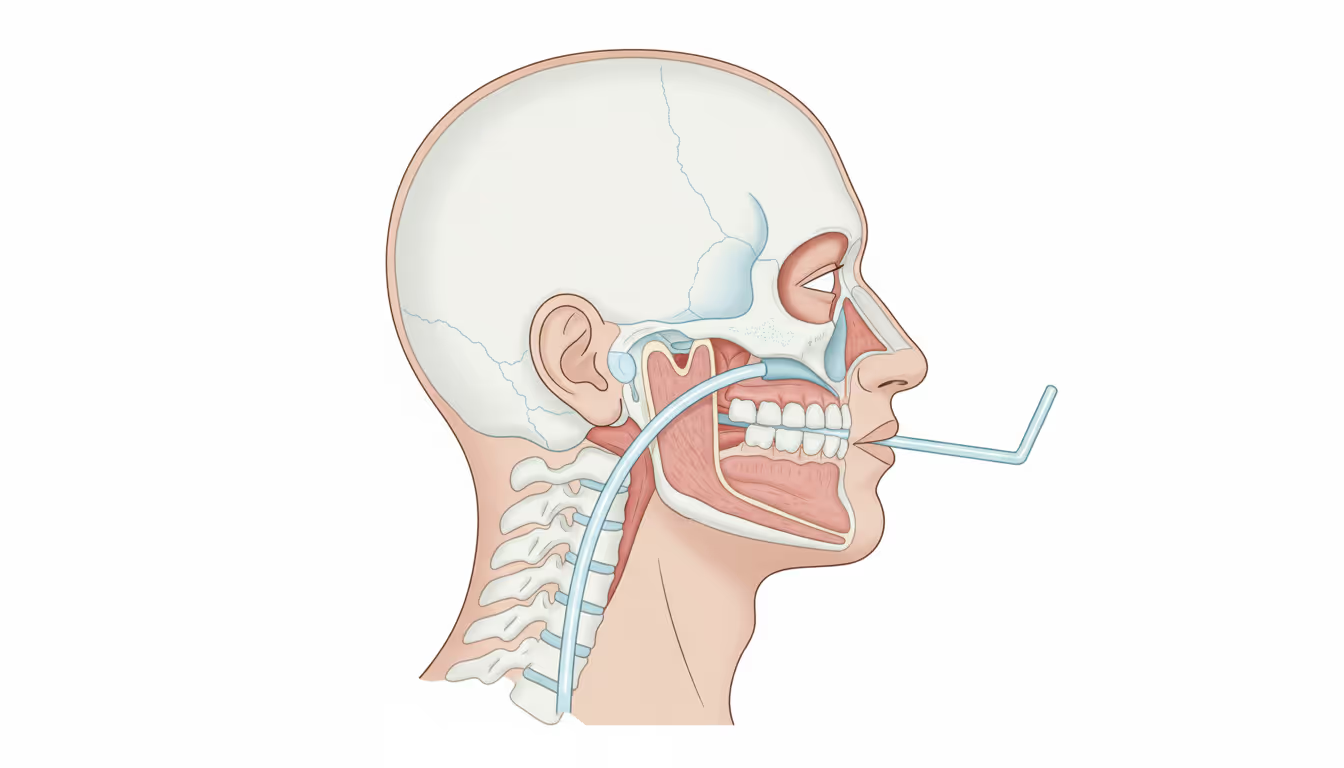
Bougie:A slender rod made from rubber, plastic, metal, or other materials, is used by doctors to insert into or through a body passage for diagnostic or therapeutic purposes. It can serve to expand a passageway, direct another tool, or clear an obstruction. Bougies come in various sizes and flexibility levels. They might simply be cylindrical or include features such as: (1) an inflatable balloon to apply pressure against blockages or narrowed areas; (2) a gauge to measure the balloon's pressure; (3) a wire to guide other instruments to a site of obstruction or issue; (4) a channel for dye injection for fluoroscopic identification; and (5) a light to illuminate a passage for examination.Bougies are used to address constrictions and blockages in the esophagus, intestines, ureters (which transport urine from the kidneys to the bladder), and urethra (the canal that carries urine from the bladder to the exterior). A stricture is an unusually narrow part of a passage, while a blockage is an obstruction inside it. For removing an object stuck in the esophagus, a lubricated bougie can be used to push the object into the stomach, from where it proceeds through the intestines, provided it won't harm the tissues during transit. Bougies with balloons can be employed to treat esophageal strictures and blockages. Typically, a lubricated bougie is inserted under local anesthesia, and once it reaches the stricture or blockage, the balloon is inflated to widen the passage.Bougies are also utilized in treating achalasia, a condition where the esophagus's nerves and muscles function abnormally, preventing the lower esophageal sphincter from opening to allow food passage. A bougie stretches this sphincter. Bougies with lights aid surgeries involving the esophagus, rectum, abdomen, and chest, allowing doctors to view and identify internal structures.The term "bougie" comes from French, meaning "candle," derived from the town of Bugia in North Africa, known for exporting candles to France. Due to its candle-like shape, English-speaking doctors adopted the term for similar diagnostic and therapeutic tools, which originally were made of waxed silk or other materials rolled into a cylinder. In modern French, "bougie" can also mean "candle" and "spark plug." In English, it may refer to suppositories used for rectal treatment. Related terms include "bouginage" (or "bougienage"), a procedure using a bougie, and "bougie à boule," a bougie with a bulb tip.




